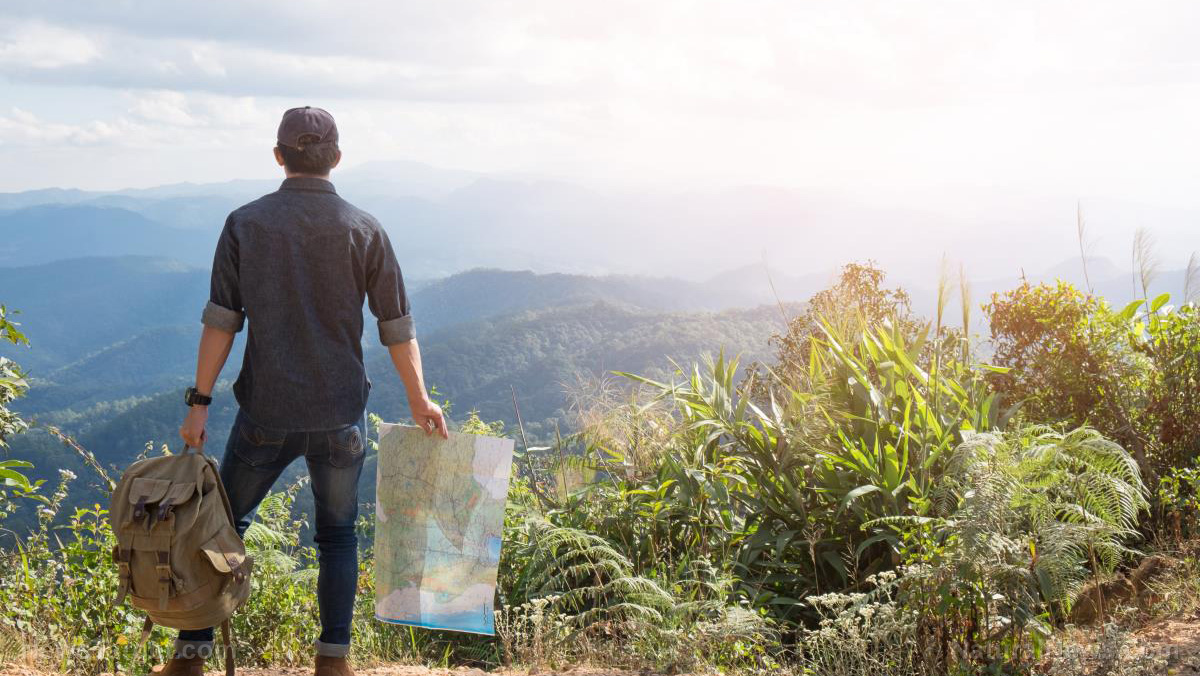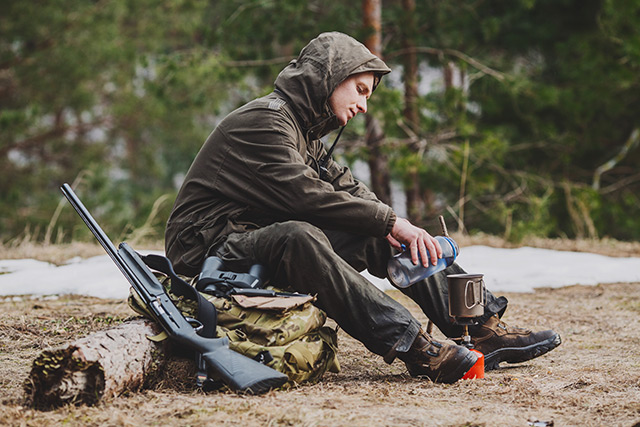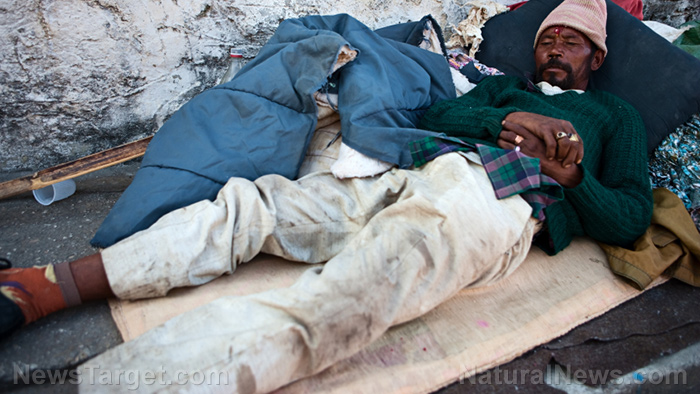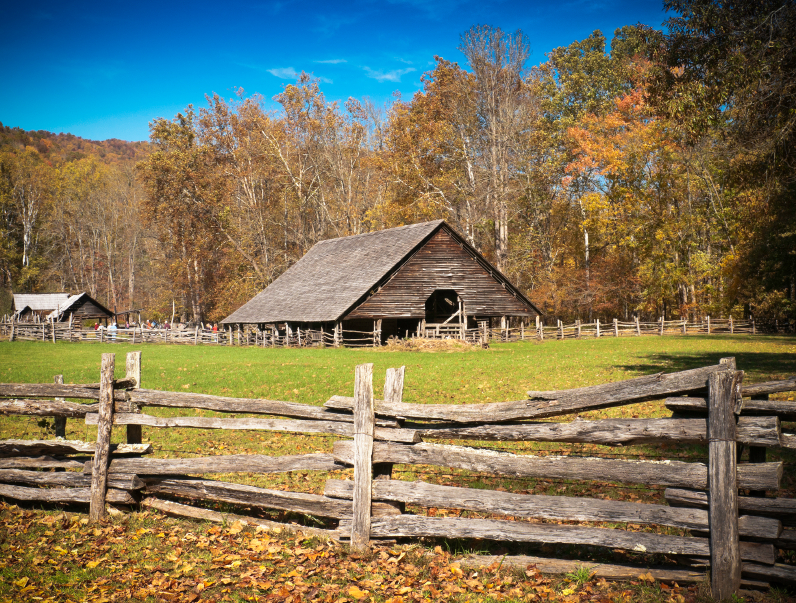Camping: A great way to practice how to live after SHTF
04/17/2017 / By JD Heyes
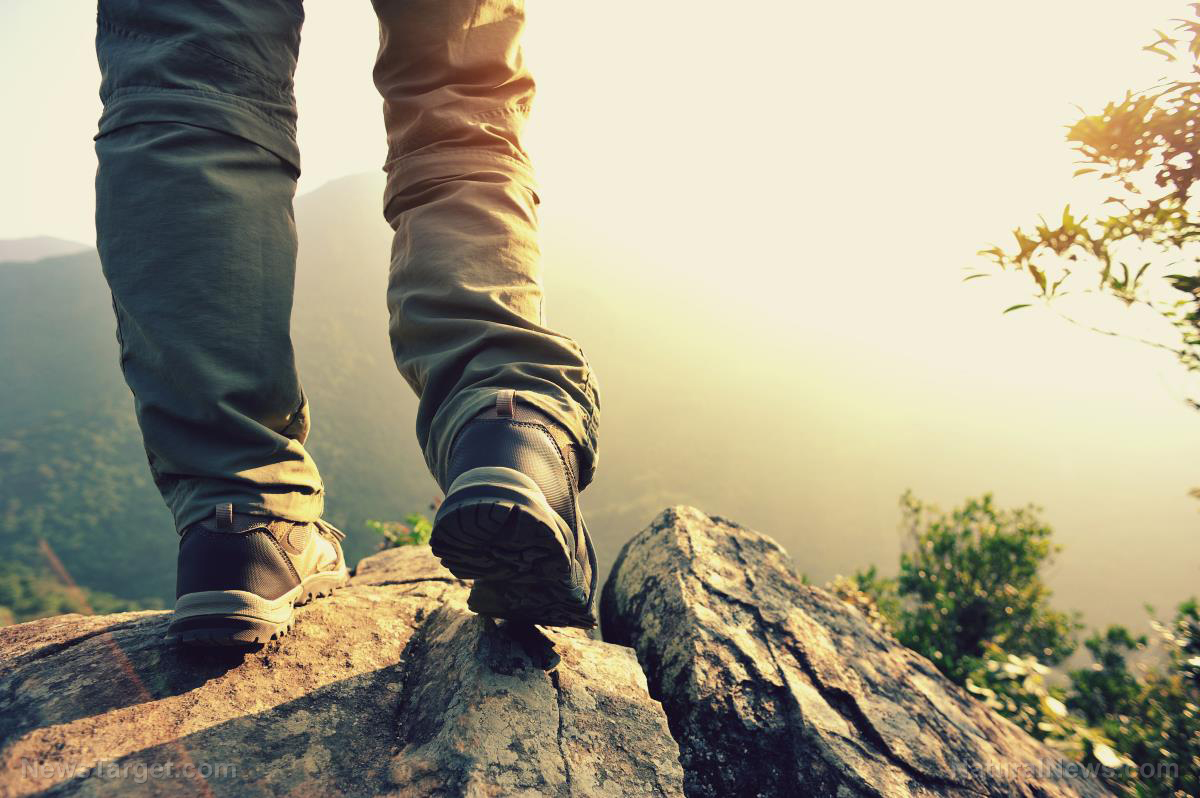
Under normal societal conditions, most people tend to view camping as simply a “fun outdoor activity” they sometimes do in warmer weather. For many, camping is actually hopping in the family “camper,” filling up on food, snacks, drinks and fuel, and heading off to some camp site that has electricity and sewage hook-ups.
And while that seems like “roughing it” for most people (because it is), that kind of camping doesn’t really prepare someone for how life would really be if the civil society were to break down for a long period of time and folks were forced to flee the cities for the surrounding countryside.
Even many actual preppers seldom take time to practice their craft – and that’s what true prepping is, a craft that requires learning and mastering certain survival skills. Think about it: When was the last time you dragged out your tent, gear and supplies and headed out to the woods for a weekend of real camping, where you spent the day (and night) practicing your craft?
It’s easy to get into the habit of not wanting to spend a weekend truly roughing it. Most people work hard and want to spend their weekends, holidays or days off relaxing and recharging. But honestly, you’d be surprised how rejuvenating a real off-grid camping trip is, and how taking one often will really come in handy for the day when you won’t have any other choice but to live like that. (Related: Read Building An Observation And Fighting Pit/Shelter.)
Planning and taking this kind of camping trip involves refreshing yourself with several skills. Among them:
Sponsored solution from the Health Ranger Store: The Big Berkey water filter removes almost 100% of all contaminants using only the power of gravity (no electricity needed, works completely off-grid). Widely consider the ultimate "survival" water filter, the Big Berkey is made of stainless steel and has been laboratory verified for high-efficiency removal of heavy metals by CWC Labs, with tests personally conducted by Mike Adams. Explore more here.
— Putting up your tent or building a hasty field shelter,
— Cooking without the aid of modern technology and electricity,
— Patrolling a perimeter for security,
— Working with your various gear,
— Just getting the “feel” of living/sleeping outside of your comfort zone.
Camping the old-fashioned way is also a great time to learn new skills, such as (h/t American Prepper Network):
— Making and using fishhooks: No matter how much long-term storage food you’ve got, you’ll want to stretch it out to make it last as long as possible. To help your food supply last, you’ll need to supplement it by finding additional food sources. One of the most available sources of food is fish, but of course, catching them is another story. You should have some fishing line as part of your survival gear, and some fishhooks as well, but any fisherman knows you can steadily lose hooks to fish that get away. So it’s good to learn how to make them, and you can, using a metal zipper or a tab from a pop can. Just break the loop on one side, pull it to a 90-degree angle and then use a small file or a rock to sharpen the exposed tip.
— Aluminum can stove: These can be particularly handy. Grab an empty soda can, and use a knife to cut a capital “I” in one side of the can – that is, a vertical cut along the length of the can, then two horizontal cuts, one on top of the vertical cut and one at the bottom. Peel open the aluminum to form a “window,” then put a fire starter inside; light it, and you’ve got a portable cooking stove you can use to prepare food or heat up liquids.
— Practice emergency shelter-making: Make sure you’ve got a tarp as part of your prepper gear because it will come in handy more times than you can imagine, but most probably as an emergency shelter. Find a couple of trees that are fairly close together, then take a length of rope and tie an end to each tree, 3-4 feet up the trunk. Then slip your tarp over the rope, and extend each “wing” outward to form triangular entrances on either end. Secure the wings with stakes and viola, you’ve got a water- and wind-proof emergency shelter. (Related: Read Six Makeshift Shelters That You Can Build On The Fly.)
— Pest control: One of your biggest enemies in the wild will be insects, so it’s best to practice how to keep them at bay, as some of them are dangerous while others can inflict painful bites and stings. Find a stick of sage (or keep some in your gear) and toss one into your fire; bugs don’t like the odor of sage, making it an effective bug repellent.
— Make fires: Practice various forms of fire-making. In your bugout gear you should have multiple items used to make fires, from disposable lighters to flint/steel and steel wool/9V battery. Fire will make life so much easier for you, as you can use it for food preparation, sanitizing water, heat, and other things.
There are many more skills to learn and practice. Start taking some time now, while you can, to regularly plan old-fashioned camping trips, and include your family if you have one. Plan on learning or practicing several skills during each trip. Go during hot and cold weather. When the time comes to use those skills, you’ll be ready.
Get more tips and articles like this one at Survival.news.
J.D. Heyes is a senior writer for NaturalNews.com and NewsTarget.com, as well as editor of The National Sentinel.
Sources include:







